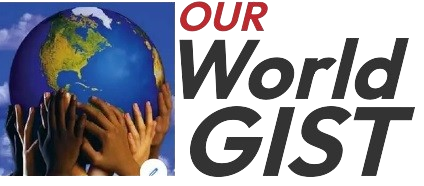The Vice-President, Professor Yemi Osinbajo, has called for the expansion in the number of beneficiaries of the survival fund under the Federal Government’s Economic Sustainability Plan.
The ESP is a N2.3tn stimulus package put in place to help small businesses weather the impact of COVID-19 pandemic.
The Senior Special Assistant to the Vice-President on Media and Publicity, Laolu Akande, in a statement on Monday being 29th December 2020 quoted Osinbajo as speaking at a meeting before the Christmas holidays.
The statement was titled ‘MSMEs survival fund: We must find ways of doing more, says Osinbajo’.
Osinbajo was quoted as saying that with the kind of impact and interest already generated among Nigerians by the ongoing implementation of plan, there was a need to expand the scope and reach of the benefits to a larger number of people.
The Vice-President was quoted as saying, “I think that we must find ways of expanding the scope of the scheme because when you look at the numbers that we have approval for, the numbers are small in comparison to the enormity of the problems that we are faced with.
“Even if we are able to reach two million beneficiaries, it is still a tiny percentage of the millions who require help and assistance.
So, I think, we have to find ways of trying to seek an approval to expand the scope of the scheme. This is an important aspect of it.”
Appreciating the committee members for their efforts in impacting the lives of beneficiaries of the Payroll Support, the Artisan and Transport grants as well as beneficiaries in other tracks of the scheme, Osinbajo said the partnership with the private sector in the implementation of the scheme was notable.
So far, the scheme is said to have commenced disbursement to about 500,000 beneficiaries.
The Payroll Support Scheme has paid close to 350,000 beneficiaries; almost 166,000 of 300,000 artisans have benefitted from the artisan and transport scheme; and the Corporate Affairs Commission is ramping up numbers to register 250,000 new businesses free of charge, according to the statement.
In another virtual meeting, Osinbajo and some ministers were said to have interacted with the Nigeria Automotive Manufacturers Association.
At the meeting, Osinbajo reportedly said the central plank of the government’s automotive policy was to protect the interest of all Nigerians, noting that maintaining high tariffs on automobiles would not necessarily lead to growth in the industry.
The Vice-President said, “Government has the responsibility for ensuring the welfare of the people, everybody and every industry.”
Osinbajo noted that the way forward was for “the auto industry to challenge itself and whatever support it requires from government to be able to say, where is the Nigerian car that will be affordable to all and affordable to most people”.
